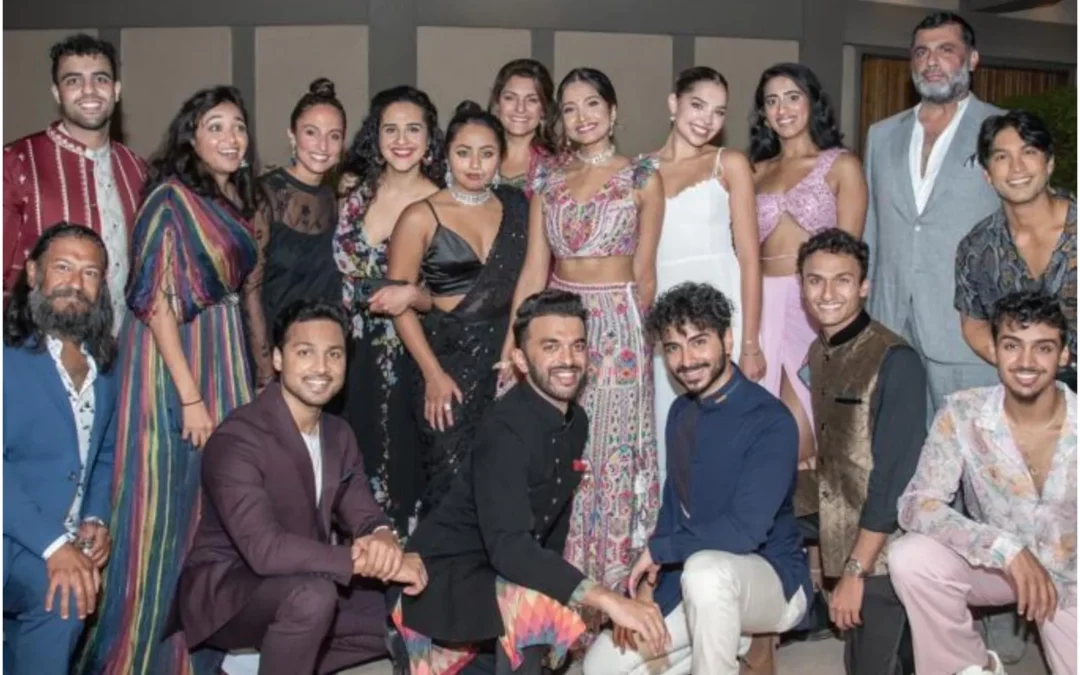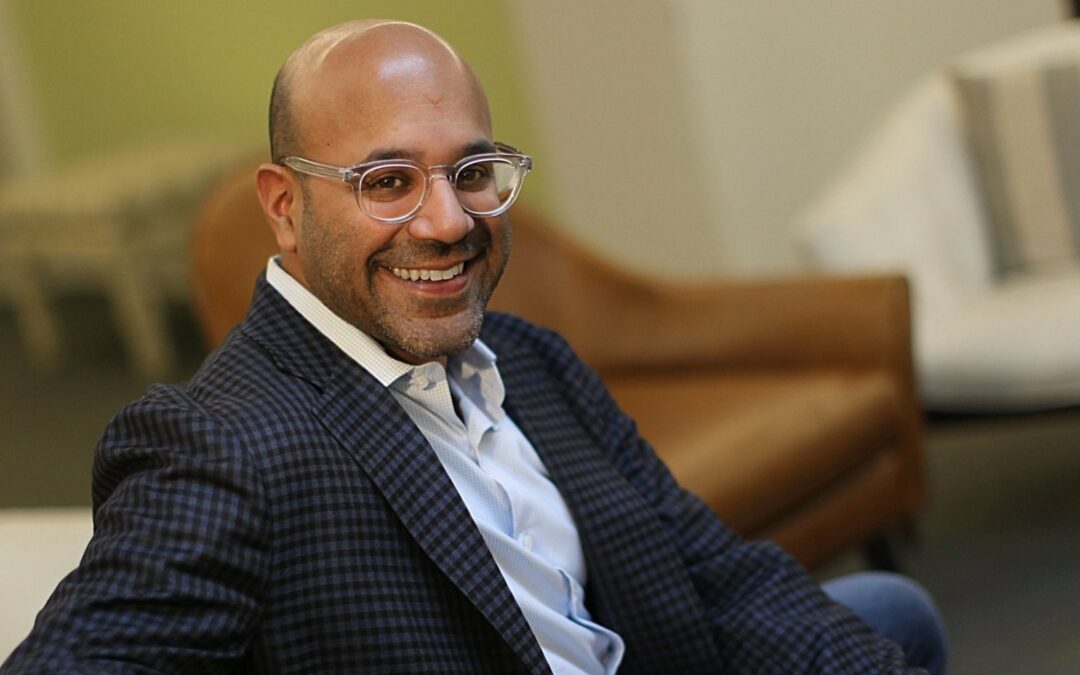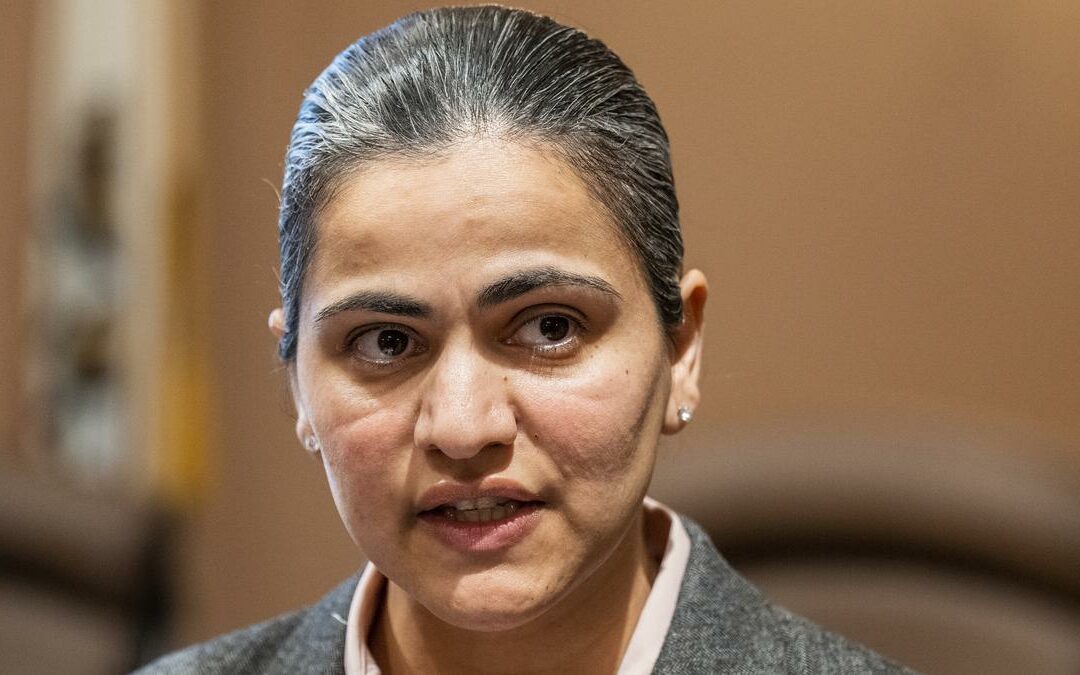
South Asian and Indian American Actors Say Aditya Chopra’s Broadway Musical is Creating History
Reading Time: 4 minutes
Aditya Chopra’s Broadway-bound musical Come Fall In Love has many firsts for India and Indians. This is the first time that an Indian director is debuting on Broadway. It is also the first Bollywood musical to be a part of Broadway. It also marks music director duo Vishal and Sheykhar’s debut and Shruti Merchant’s first as an associate choreographer at the theatrical extravaganza.
The lead of Come Fall In Love, Shoba Narayan, who essays Simran, plays her ethnicity for the first time on stage. On top of this, there are 16 other South Asian actors who are also set to debut on Broadway, a first for any musical. So, for actors like Amita Batra, Neha Dharmapuram, Rohit Gijare, Irvine Iqbal, Usman Ali Ishaq, Nika Lindsay, Caleb Mathura, Kinshuk Sen, Meher Mistry, Shoba Narayan, Shahil Patel, Rupal Pujara, Geatali Tampy, Vishal Vaidya, Sonya Venugopal, Bhumit Patel and Zain Patel, this is nothing short of being a part of history for South Asian representation.
Iqbal, who plays Simran’s father – the turbaned Baldev on stage, says, “When the South Asian community is one of the largest ethnic minority groups in the US, why would we not ensure that our theatres reflect this demographic and see that musicals proportionately cast South Asian actors? Isn’t this the world we live in today? It’s increasingly clear that audiences are becoming more diverse and expect to see themselves reflected on our stages.”
He adds, “If we don’t see ourselves represented on the stage how can there be any representation? The collective frustration of the American South Asian talent out there comes from not being able to have a meeting or audition to showcase their talents. We are either overlooked, ignored or simply invisible to many with the ability to affect change.”
Pujara, who plays Simran’s mother Lajjo, says, “I am so grateful to Aditya Chopra for pursuing his long awaited dream of adapting DDLJ for the stage. Come Fall In Love is updating the beloved classic, DDLJ, by expanding the narrative of its female characters. In this version, Lajjo is not only a devoted wife and mother – she’s also strong, soulful and fiercely witty. This production is a step forward for South Asian women. It makes space for more of our stories to be seen by larger audiences.”
Narayan had earlier said, “The fact that we have an Indian musical headed to Broadway feels incredibly personal and monumental to me as an Indian American actor who was raised by Indian immigrant parents, and who loves Bollywood films, Broadway, and Indian fine arts. It’s a great moment of pride to see our Indian culture celebrated and represented so authentically on the world’s biggest stage. This is something I’ve spent my life and career fighting for. Hopefully, this will be the first of many.”
Sen, who plays Kuljit, Simran’s fiance in the musical, shares, “We have one of the largest South Asian casts I have ever seen on a western stage, that too being guided by a creative team that is also predominantly South Asian. Being from Delhi, but having lived and worked in the US now for almost a decade, I have almost always been the lone person of color, let alone the only Indian person, in every circle I have been a part of. So, to be a part of a team where my voice is being represented and heard, and that too positively and accurately, means the world to me. Our culture is so beautiful and yet, I feel like we have never gotten our due in the west… until now!”
Vaidya, who plays Kuljit’s dad, expresses, “As a Gujarati American who grew up dancing Garba, Raas and Bhangra, I felt I had to leave that part of my identity behind when I pursued musical theatre. But here I am, speaking Gujarati in rehearsals with our brilliant Associate Choreographer, Shruti Merchant, and dancing with the extraordinary company of desi artists in our show. It feels like coming home.”
He adds, “I’m so excited about what this show will do for representation on stage. South Asian Americans have never really had a show that can also be a training ground for new talent, and I find great hope in the idea younger artists will see this show and feel that, finally, they belong in this industry.”
The show also champions diversity and every department from cast to technicians is a confluence of the East and the West. Come Fall In Love speaks about the need for cultural unification in a growingly divisive and toxic world. It is about the celebration of inclusivity and diversity in a world that’s getting polarised by the minute. It is also about the importance of love and how it can unify people, cultures and break down all barriers.
The musical also has 18 original English songs to treat audiences with and the makers reveal that they also have a song titled Love In Every Colour, that celebrates the theme of inclusivity in the show.
Meanwhile, The Old Globe, one of the most respected theatres in the USA, has announced an extension of the world premiere of Come Fall in Love – The DDLJ Musical due to popular demand. The Broadway-bound production, which opened last week and has received standing ovations for every performance, has been extended for one week only and will now play through October 23, 2022.




